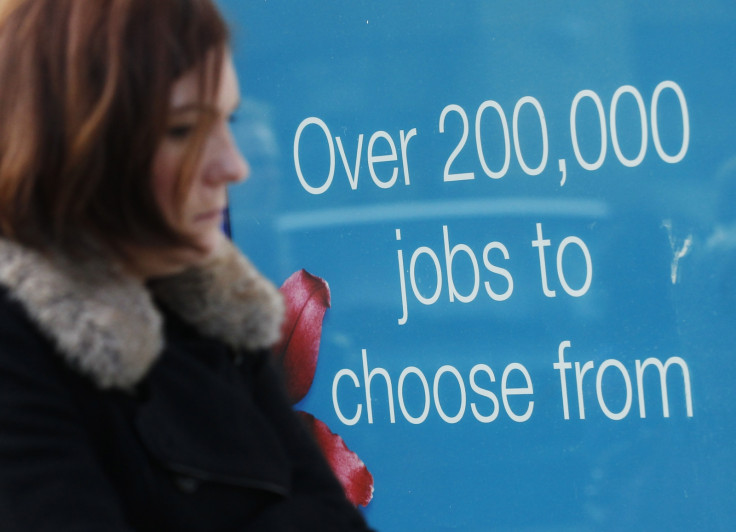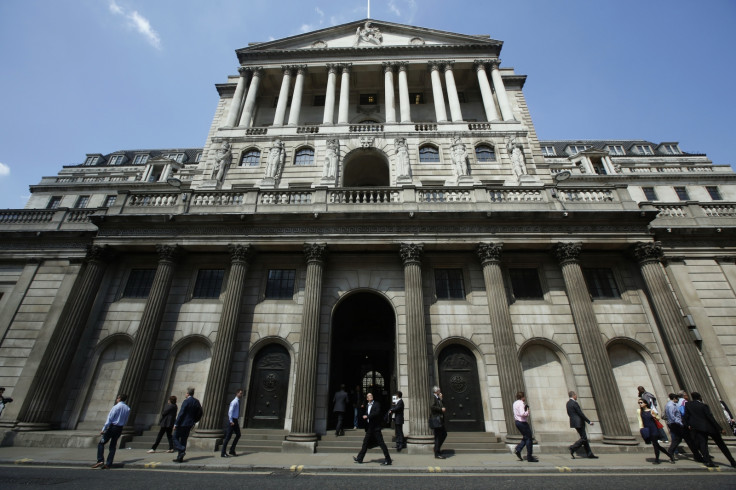In focus: Why has unemployment risen for the first time in two years?

The Office for National Statistics has today (15 July) revealed the number of people out of work rose for the first time in two years.
There are now 1.85 million unemployed in Britain, an increase of 15,000 on the previous quarter. The employment rate also slowed, with ONS figures showing there were 30.98 million people in work in the three months to May, down 67,000 from the previous quarter, the first fall since April 2013.
Nick Palmer from the ONS said: "It's possible that the rate of improvement in the labour market that we have seen over the last three years may have eased off, though it is too early to be certain."
IBTimes UK looks at why, after two years of employment growth, the labour market has gone backwards.
Combination of factors
A number of large companies have recently announced big job cuts, such as Rolls-Royce and the BBC. But Howard Archer, chief UK and European economist at IHS Global Insight, believes there is no one reason for the disappointing data.
He said: "This may well be the consequence of a combination of factors, including the slowdown in GDP growth in the first quarter, recent uncertainty first of all relating to May's general election and more recently to a more uncertain global economic outlook, including the heightened Greek crisis. It may also be the consequence of some companies increasingly struggling to get the qualified/skilled workers that they need."
The period leading up to the v which eventually returned an all-Conservative government, saw some employers postpone recruitment as political uncertainty loomed, which is likely to have impacted the figures.
In addition, self-employment has been flagged as contributing to the rise in unemployment, with the number of people who are self-employed falling by 131,000 compared to a year ago.
Interest rates
The setback could have repercussions for when the Bank of England decides to raise interest rates, with economists signalling the likelihood of an increase before the end of 2015 has diminished.
"The rise in unemployment and the fact that earnings growth edged lower in May itself may slightly temper increasing belief that the Bank of England could hike interest rates before the end of this year," Archer said.

The BoE had been indicating it would look at raising rates sooner rather than later with David Miles, part of the bank's Monetary Policy Committee, saying only this week that the "case for beginning a gradual normalisation in the stance of monetary policy is stronger than at any time since I joined the committee over six years ago. The time to start normalisation is soon; that is not something to shrink from".
The wait for "normalisation" may get longer should the next set of unemployment figures also show a rise.
Cause for concern or blip?
Most observers believe the numbers represent a blip rather than a cause for concern. Neil Carberry, a CBI director, said the data should be seen "against the backdrop of strong employment growth since the end of 2013".
It should also be noted that the ONS figures showed an uptick in pay, with average weekly earnings rising 3.2% year on year, the fastest rate in five years.
However, David Kern, chief economist at the British Chambers of Commerce, cautioned: "This setback is a reminder that our recovery is still fragile and that further measures are needed to nurture economic growth, in particular by encouraging businesses to invest and export."
© Copyright IBTimes 2024. All rights reserved.






